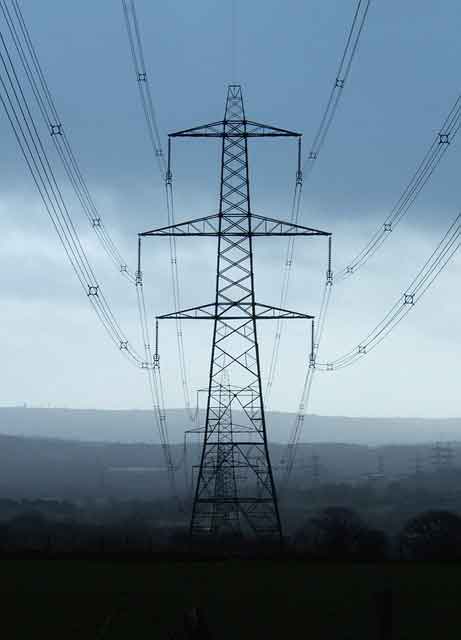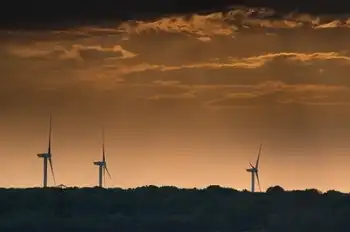Inquiry clears climate scientists in email row
By Reuters
NFPA 70b Training - Electrical Maintenance
Our customized live online or in‑person group training can be delivered to your staff at your location.

- Live Online
- 12 hours Instructor-led
- Group Training Available
Former government adviser Ronald Oxburgh, who chaired the panel, said he had found no evidence of scientific malpractice or attempts to distort the facts to support the mainstream view that manmade CO2 emissions contribute to rising temperatures.
The affair stoked the global debate on climate change and put pressure on scientists and politicians to defend the case for spending trillions of dollars to cut emissions and help cope with rising temperatures.
Thousands of emails sent between scientists were published on the internet just before the United Nations climate talks in Copenhagen last December.
Campaigners who doubt the scientific basis for saying global warming is manmade said the leaked messages showed that the research unit at East Anglia University had taken part in a conspiracy to distort or exaggerate the evidence.
The university, in eastern England, appointed Oxburgh to investigate the Climatic Research Units methods.
We saw no evidence of any deliberate scientific malpractice, Oxburghs inquiry concluded. Rather, we found a small group of dedicated, if slightly disorganized, researchers.
We found them to be objective and dispassionate and there was no hint of tailoring results to a particular agenda.
Its strongest criticism was aimed at the units handling of statistics. It recommended that the researchers work more closely with professional statisticians in future.
Oxburghs was the second of three inquiries into the episode to report its findings. Police are also investigating the leak.
Last month, a British parliamentary committee cleared the unit of manipulating the evidence, but criticized its handling of requests for information made by outsiders under freedom of information laws.
The third and most comprehensive inquiry, led by former civil servant Muir Russell, is due to end in May.
Dr Benny Peiser, director of the Global Warming Policy Foundation, a climate change skeptics thinktank, said the inquiry was rushed and superficial.
They want to restore the trust of the public and the credibility of the researchers and that is an honorable thing to do, he said. But they should have done a proper job.











